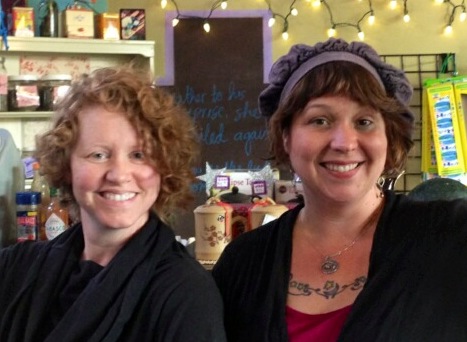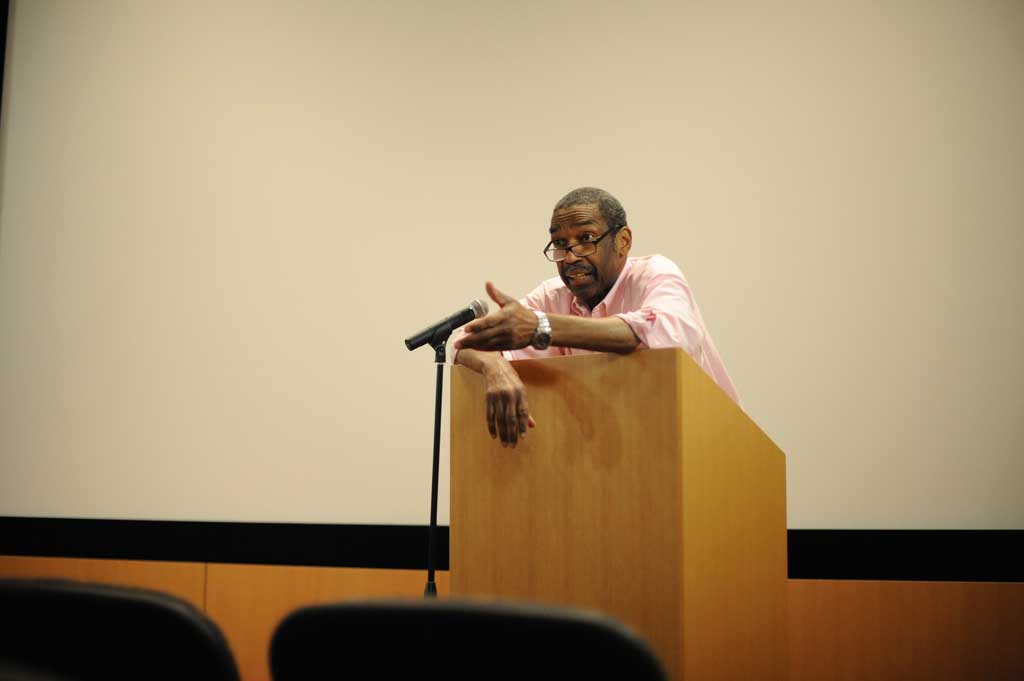For college students to be successful, their college career should include some form of art as part of a well-rounded education. Art affects the gaining of knowledge skills, and values needed to secure a good job.
Having a well-rounded education means having a broad educational background in different areas of knowledge. It is achieved through a comprehensive exposure to a variety of activities and courses during the student’s college career.
An accomplished education provides all the necessary knowledge, skills and values to succeed in our personal and professional careers. Art is an essential part of education.
In general, art embraces drama, music, dance, film, photography and so on. It serves as a means to transmit ideologies and religious dogmas, express ideas and emotions and can represent a worldview of a society. Art has been crucial in the dissemination and preservation of all artistic legacies in human invention.
Art creates a bridge between our life and all fields of knowledge.
When we study or engage in art we connect our personal experiences with history, science, politics, philosophy and technology. Our existence makes more sense through art, and thus, we are able to contribute more to society.
According to Kristin Bugbee, a researcher at the Center for Policy Entrepreneurship in Denver, CO, “Art programs provide students the skills they need to be productive participants in the global economy.”
Bugbee indicates that several studies show that students who participated in art-related experiences showed higher overall GPAs, in comparison with students who lacked those experiences.
Additionally, her findings show that the study of art provides better performance in expressive and cognitive abilities. Art develops critical and analytical thinking, pattern recognition and increases creativity and innovation.
Art pushes our mental abilities to go beyond the limits of our thoughts and make us come up with questions that lead to inquiries, innovations or reinventions.
Does this sound familiar? We see those abilities reflected in our ever-changing world of electronic devices, software, medicine and business. In fact, all these essential abilities and skills are necessary in other fields besides just science and technology.
A well-rounded education that includes art will guarantee that a student’s academic and professional development is in balance with their interpersonal and personal life.
The Brazilian educator and philosopher Paulo Freire indicated in his “Pedagogy of the Oppressed” that the purpose of education is to help an individual become a better human being.
Freire wrote that the knowledge pursued in education “emerges from only through invention and re-invention; through the restless, impatient, continuing, hopeful inquiry human beings pursue in the world, with the world and with each other.”
Therefore, education is more than just securing a likely income.
It is gaining knowledge, skills and values that will help us becoming better individuals, fathers, sons, citizens and in many other roles that we have to play in our diverse and changing world.
Art makes us more human, because it helps us enjoy our lives and add more meaning when pursuing knowledge, skills and values to live by.
Art should not be seen as just mere entertainment or hobby. Art facilitates the acquisition of the knowledge, skills and abilities that can bring us a better lifestyle and helps us to become more human.




